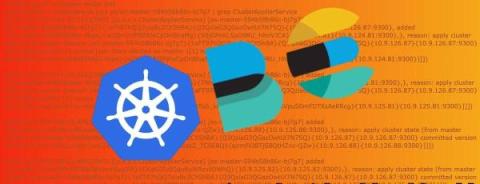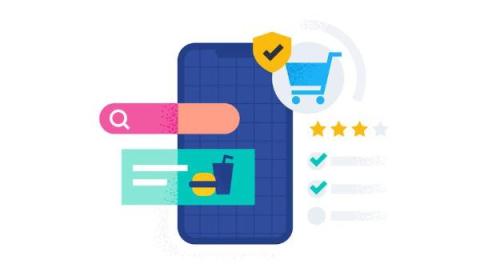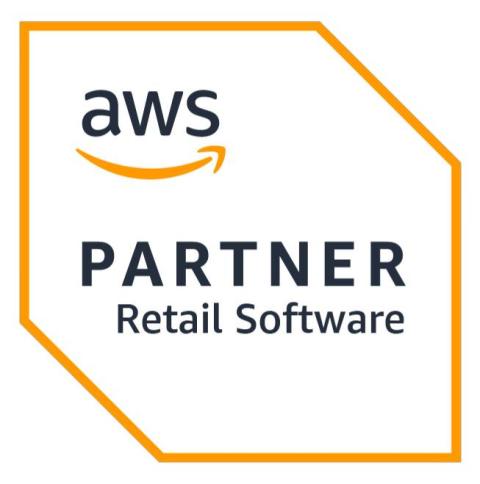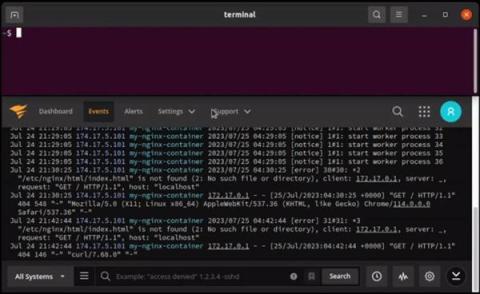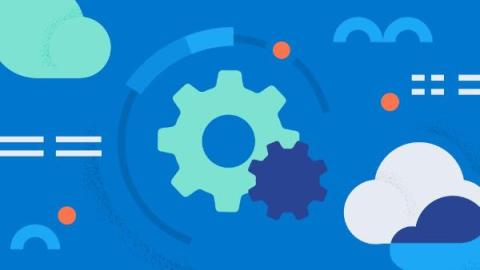Kubernetes Logging with Filebeat and Elasticsearch Part 1
This is the first post of a 2 part series where we will set up production-grade Kubernetes logging for applications deployed in the cluster and the cluster itself. We will be using Elasticsearch as the logging backend for this. The Elasticsearch setup will be extremely scalable and fault-tolerant.


